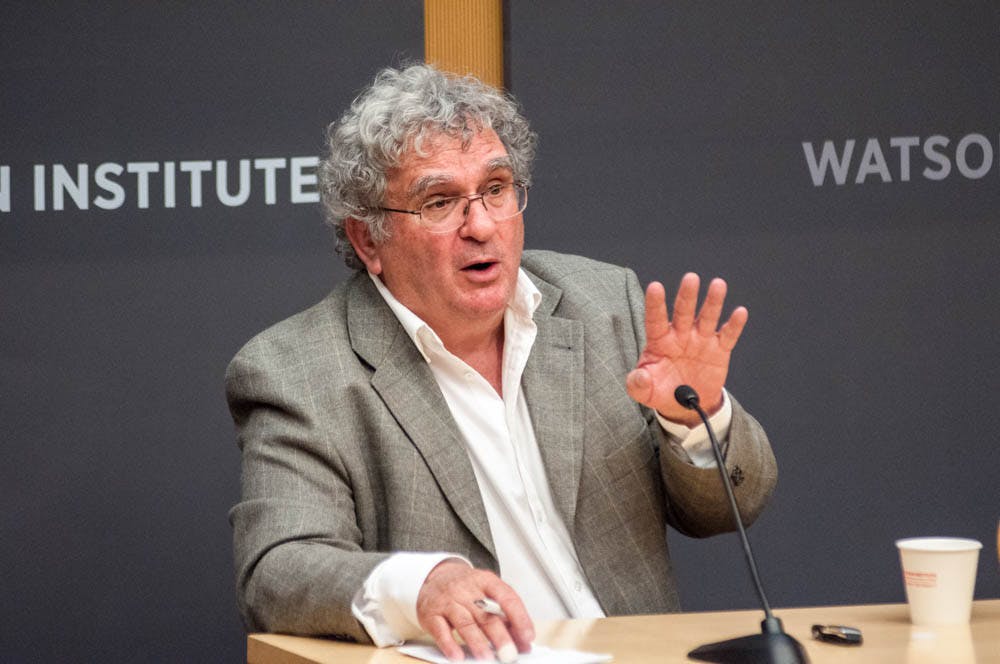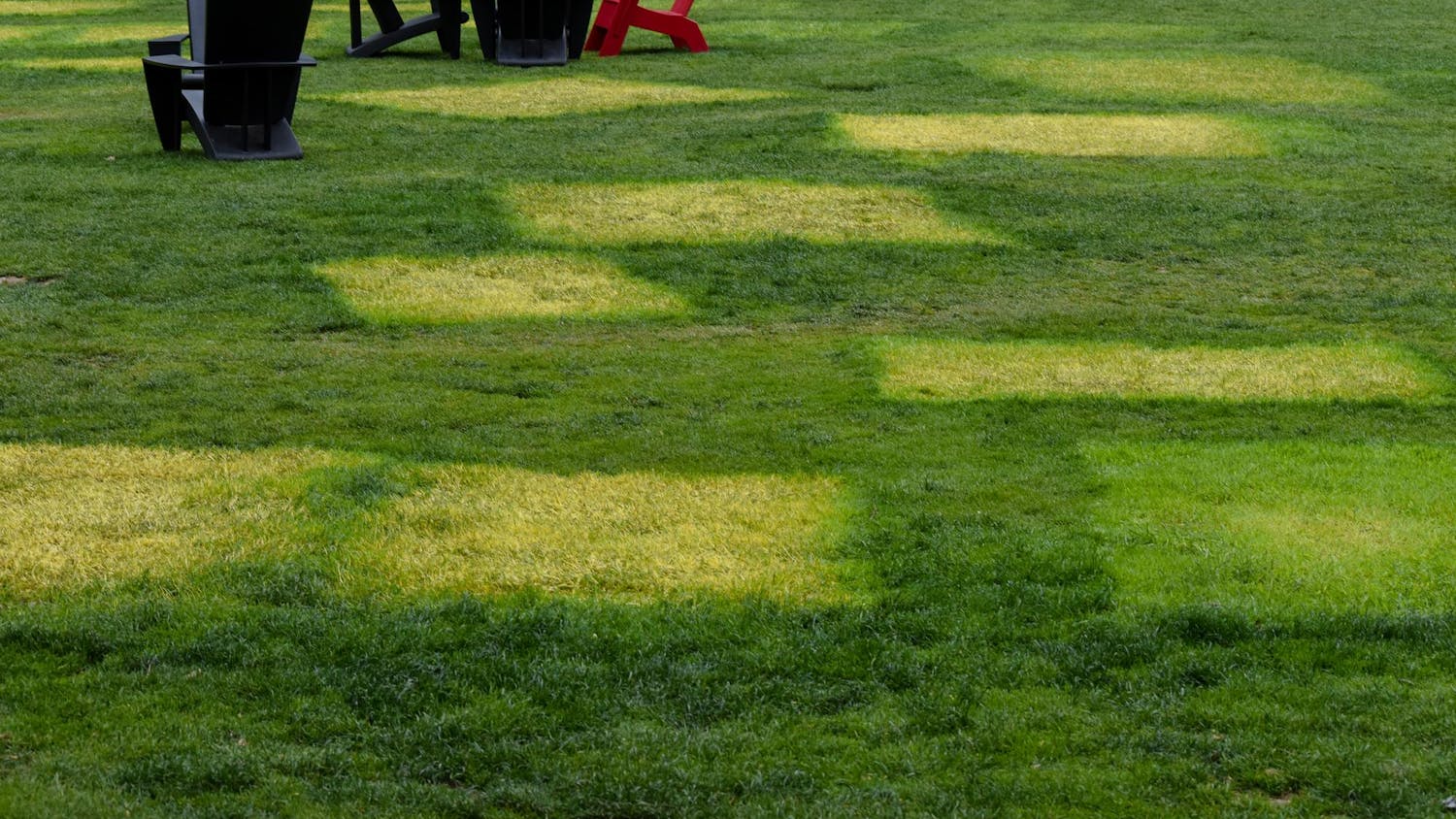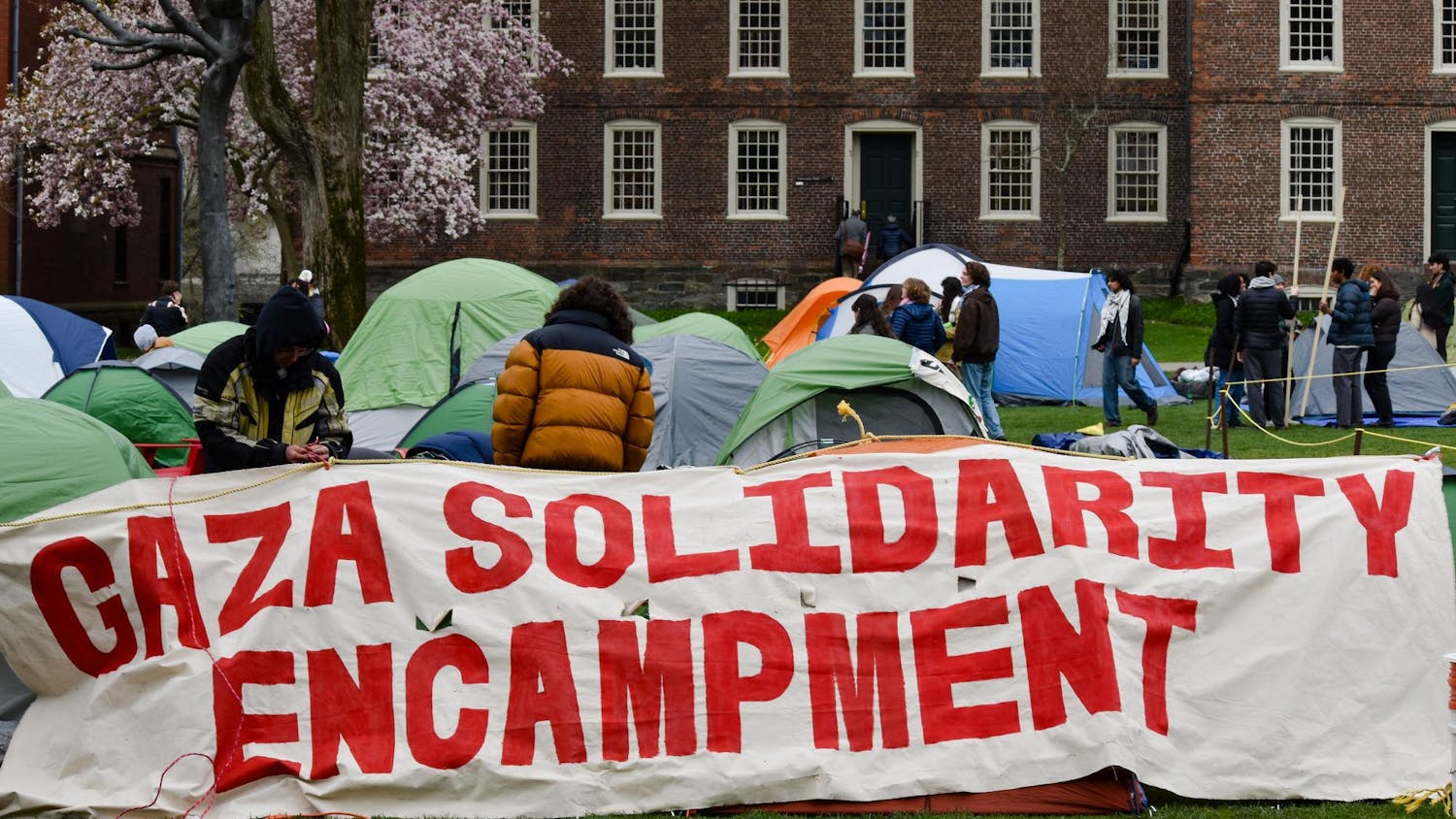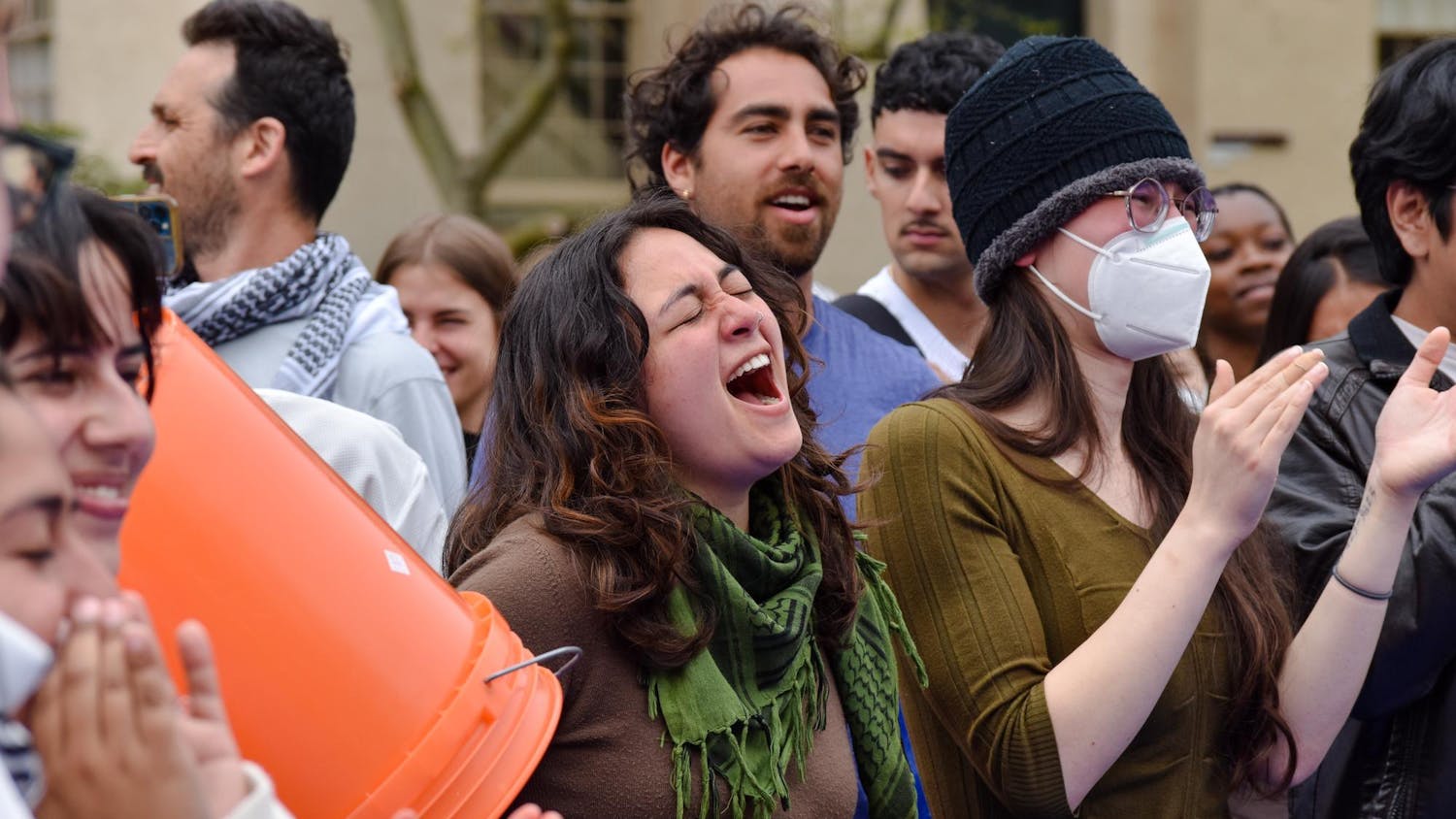Israeli historian Benny Morris addressed a packed room at the Joukowsky Forum Wednesday as part of the Watson Institute for International and Public Affairs’ new Israel-Palestine Distinguished Lecture Series.
The Israel-Palestine Distinguished Lecture Series is the brainchild of Professor of History Omer Bartov and is part of his multi-year project, “Israel-Palestine, Lands and Peoples,” which launched last semester. In addition to the public lecture series, the initiative sponsors two discussion workshops each semester among scholars in the area, which are open to members of the University community.
The initiative hopes to bring a range of perspectives on Israel and Palestine to campus and put them in dialogue with each other because “it’s very hard to talk across a wall or a fence,” Bartov told The Herald.
“The people that I invited are not only speaking only on the conflict,” Bartov told The Herald before the event, emphasizing that many speakers discuss Israeli-Palestinian coexistence as well.
Morris’ talk, titled “The Creation of the Palestinian Refugee Problem, 1947-1949,” follows an earlier address delivered by Israeli historian Tom Segev March 16 on “The Price of Zionism.”
Morris argued that the “major cause of the Palestinian refugee crisis was the war itself,” rejecting traditional explanations that attempt to place blame on Arab leaders for encouraging Palestinians to leave their homes or on the Israeli military for expelling Palestinians. Morris characterized both those explanations as fringe movements.
During the question-and-answer session at the end of the talk, a student present at the event questioned Morris’ methodology and reliance on Israeli, British and American sources of information to frame his argument.
In response, Morris explained that “Arab states were all dictatorships” at the time and remain so to the present day, which limits his ability to access Arab records. In addition, he explained that he has little faith in oral histories. “Almost always you can find written records,” Morris said.
Bartov pointed out that a strict reliance on written records could end up “privileging the perpetrators” of historical injustices as victims might not have the ability or the expertise to leave written testimony behind. This resonated with students in the audience, who snapped along. Morris explained earlier in his talk that the refugee crisis occurred in stages and that the first groups of Palestinians to flee to Lebanon, Jordan and Syria in 1947 were the middle-class and the wealthy.
A student present at the event referenced a 2004 Haaretz interview in which Morris stated that “even the great American democracy could not have been created without the annihilation of the Indians” and that “there is a deep problem in Islam. … Revenge plays a central part in the Arab tribal culture.”
“You’ve essentially perpetuated acts of Islamophobia and, frankly, racist remarks,” the student said.
Morris claimed that he was misquoted in the Haaretz interview regarding Native Americans and American democracy but stood behind his statement that there is a “basic problem in Islam.”
“There are certain passages in the Quran which promote anti-Semitism; they call Jews the sons of apes and pigs … many Islamists — like Hamas and so on — quote that.”
Another attendee asked Morris if he could point to any “viable solutions” to the conflict. “I’m a historian, so I deal with the past, and I don’t have solutions,” he said.
Bartov has arranged for four more speakers to present their research on campus over the course of the next semester. The Distinguished Lecture Series lineup features no Palestinian speakers at present, though Bartov told The Herald that his workshops have featured Palestinian scholars. In addition, Palestinians may face “limitations on their travel,” he said.
Reducing diversity of opinion on Israel and Palestine to having Palestinian and Israeli speakers in the series is too simplistic, Bartov told The Herald. “I don’t think we should work according to these criteria” of representation, he said.





